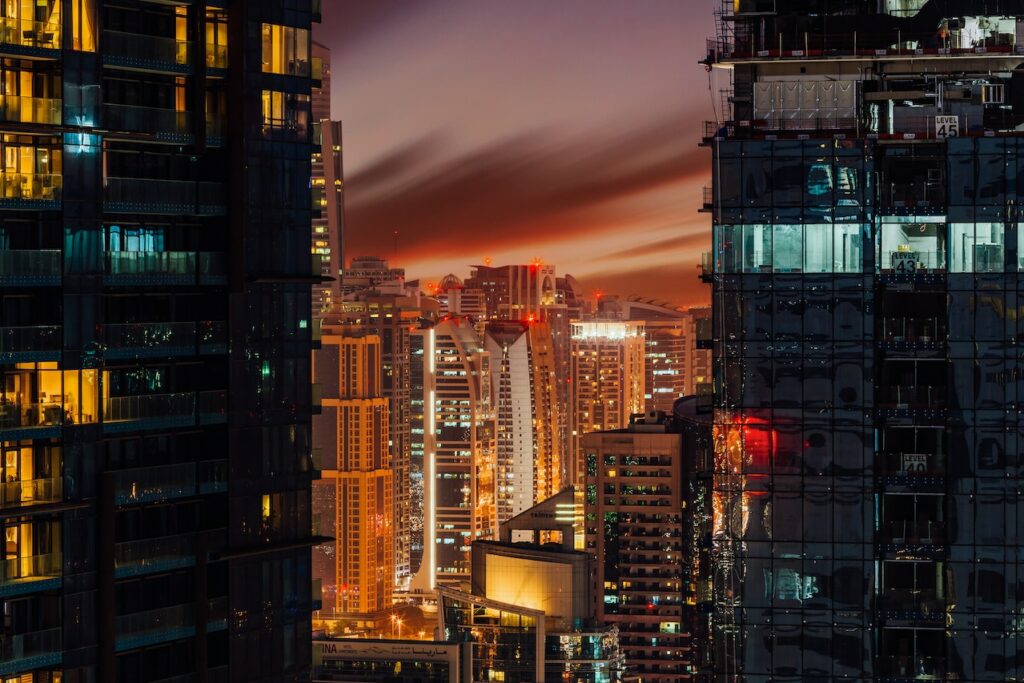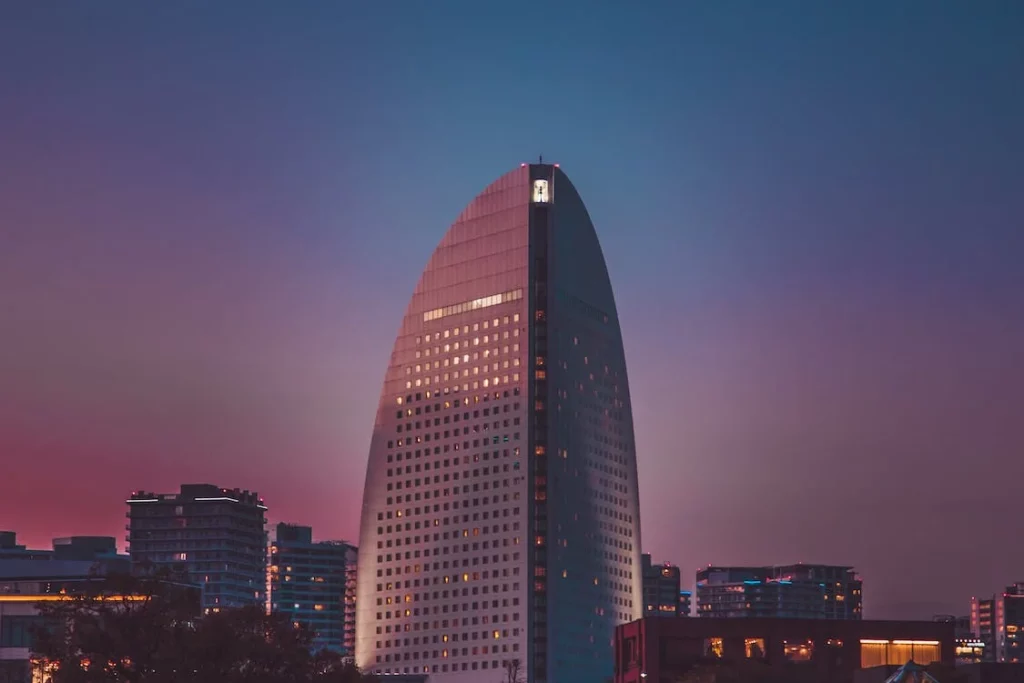In the realm of commercial construction, selecting the right materials is crucial for ensuring durability, cost-effectiveness, and compliance with industry standards. One question that frequently arises is, “Can PVC pipe be used in commercial buildings?” In this article, we will delve into the versatility of PVC pipes and assess their suitability for various applications within commercial structures.

Aleksandar Pasaric
Can PVC Pipe Be Utilized in Commercial Buildings?
In the dynamic landscape of commercial construction, the choice of materials plays a pivotal role in shaping the success of a project. One pertinent query that often arises in the decision-making process is, “Can PVC pipe be used in commercial buildings?” This exploration aims to shed light on the versatility and applicability of PVC pipes within the context of commercial construction.
Plumbing Solutions for Commercial Spaces:
PVC pipes have emerged as a go-to solution for plumbing systems in commercial buildings. Their lightweight structure, coupled with resistance to corrosion, positions PVC as a reliable choice for efficiently transporting fluids throughout a commercial structure. The adaptability of PVC to diverse plumbing needs makes it a versatile contender in this domain.
Electrical Conduits:
Delving beyond plumbing, PVC pipes serve a crucial role in electrical systems within commercial buildings. Their non-conductive nature acts as a safeguard for electrical wiring, providing insulation against potential hazards. As the demand for efficient and safe electrical conduits rises, PVC proves its mettle as a suitable material in commercial settings.
The HVAC Advantage:
Heating, ventilation, and air conditioning (HVAC) systems in commercial buildings require materials that can withstand varying temperatures and conditions. PVC pipes, with their exceptional thermal properties, become a fitting choice for conveying hot and cold fluids. The durability of PVC adds to its appeal, ensuring longevity in HVAC applications.
Compliance and Safety in Fire Sprinkler Systems:
Ensuring the safety of occupants is paramount in commercial buildings. PVC pipes find their place in fire sprinkler systems, offering fire-resistant properties and resistance to decay. The incorporation of PVC in these critical systems aligns with the overarching goal of enhancing safety measures within commercial spaces.
Green Solutions:
Sustainability is a driving force in modern construction practices. PVC pipes align with eco-friendly practices, being recyclable and manufactured with a reduced environmental footprint. This consideration appeals to builders and developers looking to integrate green solutions into their commercial projects.
Meeting Building Codes and Regulations:
Commercial builders must navigate a complex web of building codes and regulations. PVC pipes, designed and manufactured with adherence to these standards, ensure compliance with legal requirements. This commitment to meeting industry standards further solidifies PVC’s standing as a viable option for diverse applications in commercial construction.
Cost-Efficiency for Commercial Projects:
Balancing budgetary constraints without compromising quality is a perpetual challenge in commercial construction. PVC pipes offer a cost-effective solution, being not only affordable but also easy to install. The reduction in labor costs associated with PVC installation enhances its appeal as a practical choice for commercial building projects.
PVC Pipes in Commercial Plumbing Systems:
PVC pipes have gained significant traction in commercial plumbing systems due to their lightweight nature, corrosion resistance, and ease of installation. The question of whether PVC pipes can be used in commercial buildings finds a resounding answer in the affirmative, especially when considering their stellar performance in transporting water and other fluids.
Electrical Conduits in Commercial Wiring:
Beyond plumbing, PVC pipes have found their way into commercial buildings as electrical conduits. Their non-conductive nature makes them a safe and reliable choice for protecting electrical wires against environmental factors. With PVC’s ability to resist moisture and chemicals, it proves to be a durable solution for housing electrical wiring systems.
HVAC Applications:
The use of PVC pipes extends to heating, ventilation, and air conditioning (HVAC) systems within commercial buildings. PVC pipes demonstrate excellent thermal insulation properties, making them suitable for conveying both hot and cold fluids. Their resistance to rust and corrosion ensures a longer lifespan in comparison to traditional metal alternatives.
Fire Sprinkler Systems:
Safety is paramount in commercial buildings, and PVC pipes have been increasingly utilized in fire sprinkler systems. Their fire-resistant properties and resistance to decay make PVC pipes a reliable choice for delivering water to sprinkler heads, contributing to the overall safety of the building.

Davi Pimentel
Sustainability and Eco-Friendly Practices:
Another aspect favoring the use of PVC pipes in commercial buildings is their eco-friendly profile. PVC is known for being recyclable, and the manufacturing process involves fewer resources compared to traditional materials. This aligns with the growing trend of incorporating sustainable and environmentally friendly practices in commercial construction.
Compliance with Building Codes:
Builders and contractors must adhere to stringent building codes and regulations. PVC pipes are designed and manufactured to meet these standards, ensuring that their use in commercial buildings aligns with legal requirements. This compliance further solidifies the suitability of PVC pipes for various applications in the commercial construction sector.
Cost-Effectiveness:
The cost-effectiveness of PVC pipes makes them an attractive choice for commercial projects. The material itself is affordable, and the ease of installation contributes to reduced labor costs. This makes PVC pipes not only a reliable choice but also a budget-friendly option for builders and developers in the commercial sector.
The question, “Can PVC pipe be used in commercial buildings?” is met with a resounding yes. From plumbing systems to electrical conduits, HVAC applications, fire sprinkler systems, and more, PVC pipes showcase their versatility and reliability in various facets of commercial construction. With a focus on sustainability, compliance, and cost-effectiveness, PVC pipes emerge as a valuable and practical choice for modern commercial building projects.
